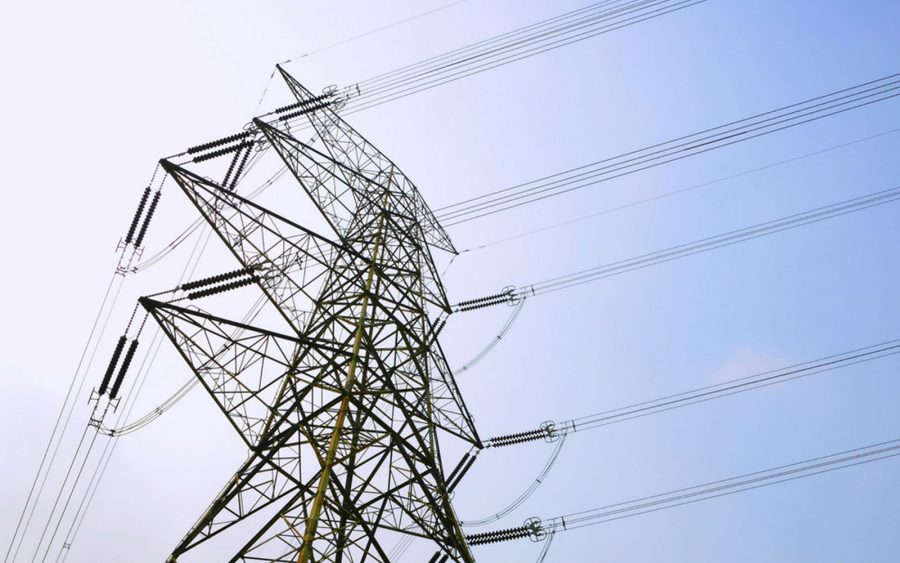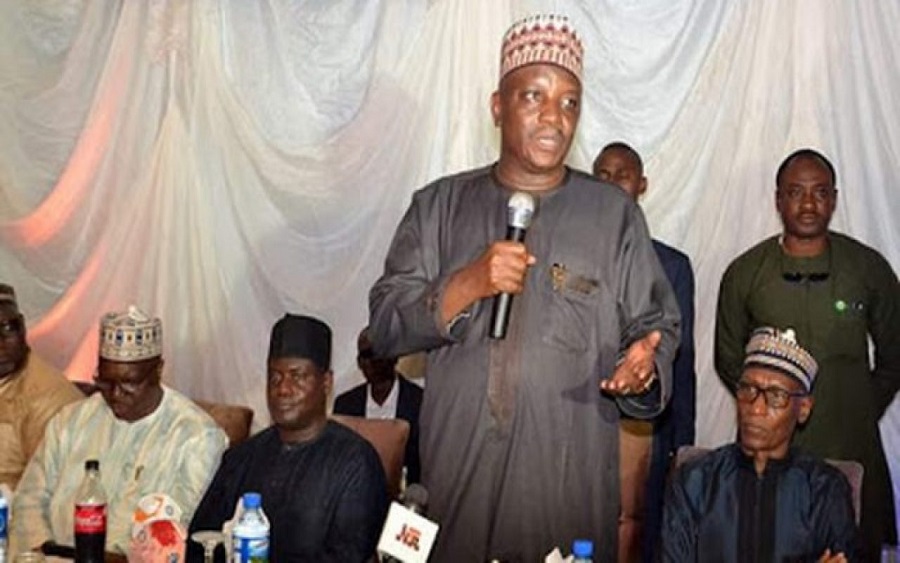Last week, the acting Managing Director of the Transmission Company of Nigeria, Sule Abdulaziz, announced that the country was poised to sell electric power under the West African Power Pool (WAPP) North Core project to neighbouring countries, Niger, Togo, Burkina Faso and Benin. While this did not entirely come as a shocker, considering the country already supplies at least 300MW of electricity daily to Niger, Togo and Benin, the commitment to supply more, with the deepening power sector crises in Nigeria is befuddling.
The North Core project is a new project under the WAPP, consisting of approximately 875 kilometres of 330 kV and 24 kilometres of 225 kV transmission lines to run from Birnin Kebbi in Nigeria to Ouagadougou in Burkina Faso, through Zabori and Niamey in Niger, all the way to Malanville in Benin. The project, expected to be completed in two years, will supply electricity from Nigeria’s generation companies, with dedicated feedstock for the project. It is expected to cost $570 million, with the funding coming from each participating country and supported by the World Bank, the African Development Bank and the French Development Council.
Also, the power to be supplied under the power purchase agreement to the four countries is supposed to be “excess power” from Nigeria. According to Mr Abdulaziz, “The energy that we are going to sell is the energy that is not needed in our country.” One would wonder the basis of such a statement when the stark reality that stares Nigerians in the face is the constant undersupply of power that has plagued the country since the birth of the Nigerian Electricity Supply Industry (NESI). Nigeria’s power woes are common knowledge; with a 2,500 to 4,500 MW supply capacity in a country of over 200 million people, the energy poverty in the country is biting, yet the country mulls a plan to not just supply electricity to four neighbouring countries, but finance it too. Worse off, the TCN has referred to what the country would be supplying as “energy not needed in our country.”
Only last week, the World Bank listed Nigeria as one of the 3 countries in the world with the highest electricity deficits. Another World Bank report from April this year recorded that 78% of Nigerians with access to grid power had less than 12 hours of power supply per day. Reports on the NESI from last week showed a 5.67% dip in power supply from the generation companies (GENCOs). According to the System Operator, several power plants, including the Egbin power plant, the country’s largest power station, were operating at less than 50% capacity, with many completely shut down due to gas shortage. While the country cannot provide the barest minimum in electricity supply for its citizens, it mulls a project that will supply what it has termed “energy not needed.”
If the country can deliver such a project in two years with the support of international finance institutions, what has prevented it from delivering on significant power sector reforms in transmission and distribution at least since the privatization move in 2013? The privatization of the NESI which was hoped to bring succour to Nigerians has hardly met its targets and continues to suffer the perennial issues that plagued the Nigerian Electric Power Authority (NEPA). The grid has collapsed 130 times in 8 years, coupled with its constant inability to take power delivered by GENCOs.
The DISCOs are equally plagued by high levels of ATC&C losses and all of these can be fixed if the political will to do so exists. Yet, the resultant effect of these problems—excess power that cannot be received by the grid—is what the TCN is capitalizing on for North Core. Four countries that are not Nigeria will light up at the expense of Nigeria, with power generated in Nigerian communities. We cannot also ignore the fact that these countries that Nigeria intends to dedicate the North Core to, have continued to be legacy debtors under previous electricity supply contracts, with debts amounting to as much as N30 billion, thus denying the country both the resources and the finance to improve its local power sector and more broadly, its economy.
Admittedly, trading electricity to third parties is a viable trade line for any country, but it is an absurd move when the country selling the electricity is in dire need of it itself. In fact, Nigeria is poised for significant economic development if it builds its local electricity market, and on top of that, exports excess power generated locally.
North Core is a project that defies the suffering of the teeming Nigerian population that either does not have access to power at all or suffers incessant blackouts, and it is imperative that something be done to fix our problems locally before proceeding on a charity outing to the neighbours.


















